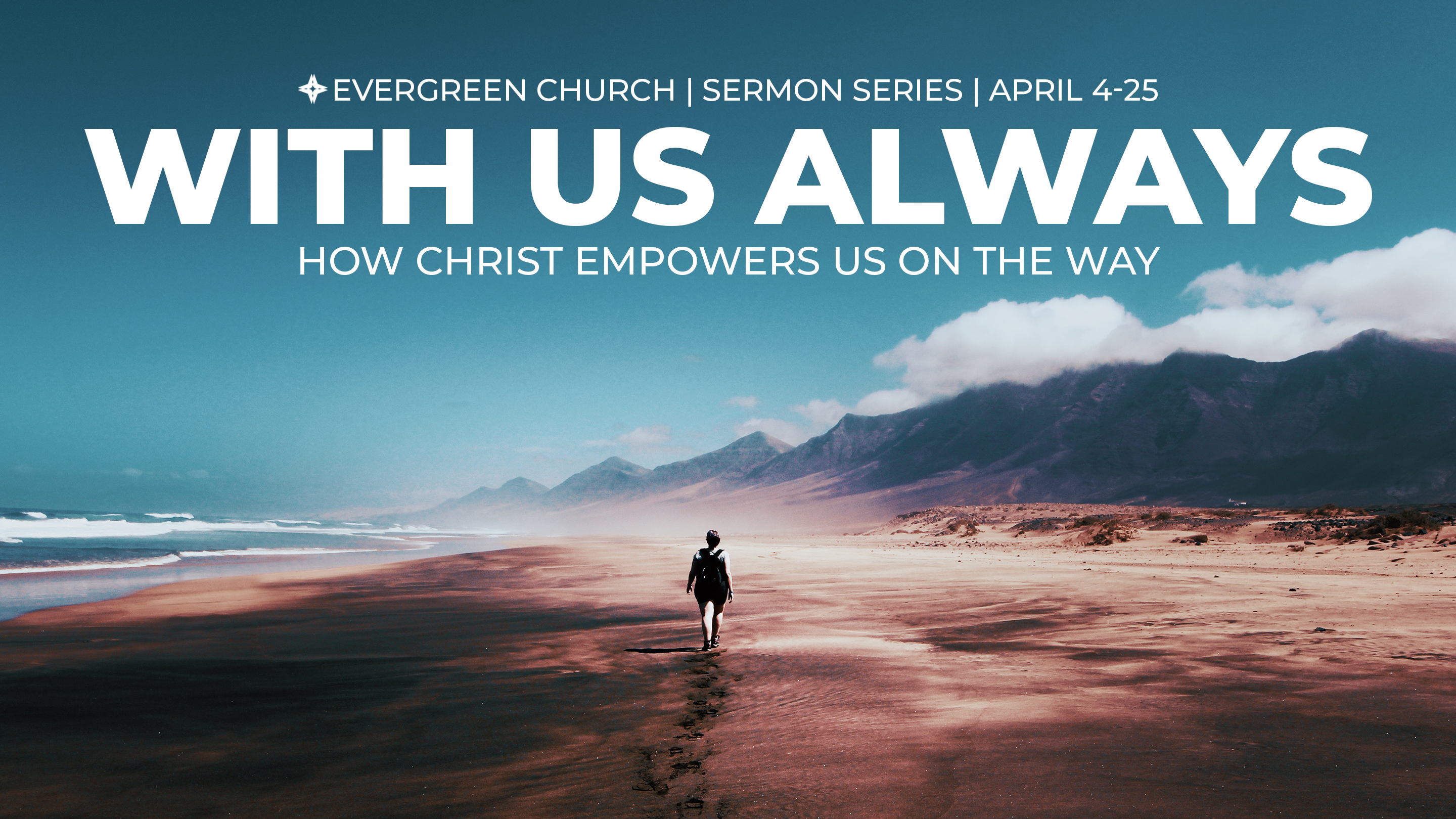
In 2017, I began a journal of my anxiety. I wanted to think through what was really going on in my head. So, every time I got upset or started to worry too much, I wrote down what I was experiencing. It was a revelation.
I was anxious over all sorts of things. I had anxiety because people didn’t agree with me. I had anxiety because I played Dutch Blitz very badly. I had anxiety because I wanted to watch a movie, and I couldn’t find two hours to do it in. I had anxiety because other people had anxiety about changes in the church. I had anxiety because I was giving advice, and I noticed resistance to that advice. The list could go on and on.
One thing that amazed was how many things in my life caused me anxiety. I felt threats all around me. I suspect that I am not particularly weird in this. I think we all deal with anxiety more than we tend to think. It’s part of the human situation. We see all kinds of issues. We have a limited capacity to deal with them. Anxiety is the result of that gap.
But why does it matter that we have anxiety? What is really the big deal? It keeps us from thinking about our duties. It saps our energy from the good goals we could and should be pursuing. It often hurts our relationships because it leads us to attack others or withdraw from others wrongfully. It affects our health because of the way we deal with our anxiety. One of those areas is sleep. Sometimes anxiety makes us want to avoid our problems and just sleep all the time. At other times, it keeps us all night and robs us of sleep.
In Psalms 3 and 4, the psalmist expresses his anxiety over enemies, the ungodly, and the future. “Lord, how many are my foes! How many rise up against me!” (3:1). “Many, Lord, are asking, ‘Who will bring us prosperity?'” (Psalm 4:6). What is he going to do about it?
Psalms 3 and 4 give us the anxiety cure. We are not meant to deal with anxiety in ourselves. We were meant to take it to God. Psalms 3 and 4 are prayers to God in the midst of anxiety. They point us to the fact that in our anxiety, we should go to God and seek from Him the things that we need. Whenever we struggle, we are not without resource, we can go to God!
Not only is God able to deal with our problem, the very act of praying helps us with our anxiety. In the midst of our anxiety, we tend to see only our problem. However, prayer enables us to see not only our problem but also the God who is over the problem and is for us. David saw the enemies that were opposing him, but when he went to God in prayer. There, He saw the Lord: “But you, Lord, are a shield around me, my glory, the One who lifts my head high” (Psalm 3:3).
The result of all this was that David experienced peace. He did not let anxiety consume him because he unburdened himself before the Lord. His peace is described in terms of sleep. “I lie down and sleep; I wake again, because the Lord sustains me. I will not fear though tens of thousands assail me on every side” (Psalm 3:5–6). “In peace I will lie down and sleep, for you alone, Lord, make me dwell in safety” (Psalm 4:8).
In an anxious world, we are not without resource. We can go to God in prayer with confidence because Jesus has opened the way. The result will be that we will see not just the problem but the God above them who has them completely under his control. The peace of God, which passes all understanding, will guard our hearts and minds in Christ Jesus.
________
Photo by bruce mars on Unsplash



